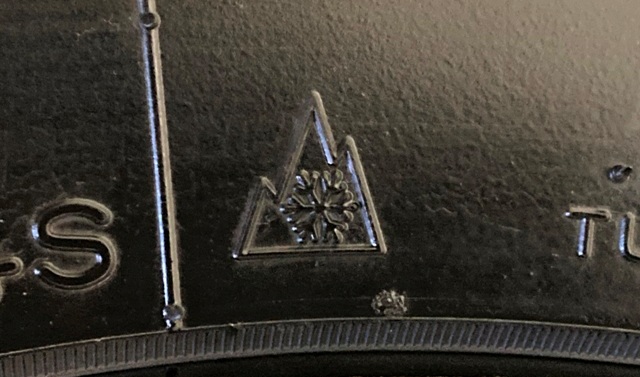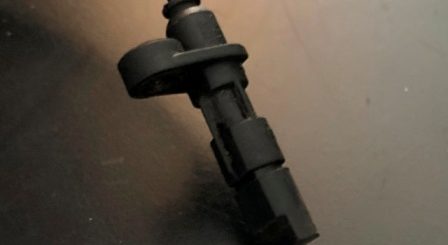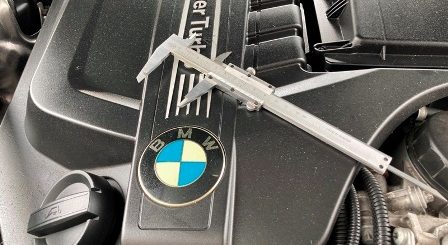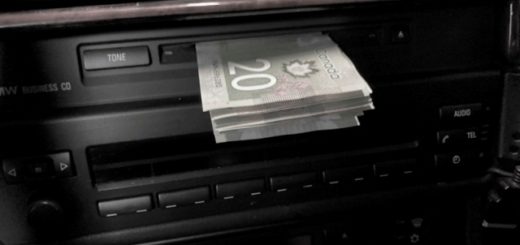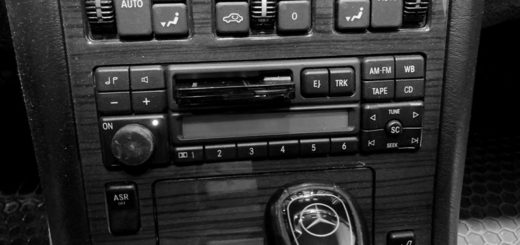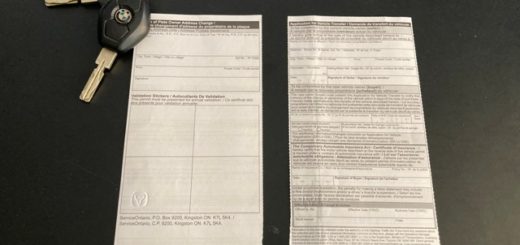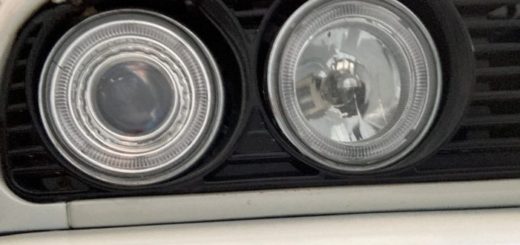What are All Weather Tires
Canadian winters need winter tires, well at least 95% of the country does. Switching between summer and winter tires has now become normal with most people in Canada having several sets of tires sitting in their garages. In some provinces winter tires are even obligatory by law. You got to have them or you will get a fine if pulled over.
But, what about those who prefer to use one set of tires all year long? Well, there was not much choice there, one had to make do with all season tires in summer and winter. Now though, might be a choice with All-Season tires, but as per usual first question for a Canadian will be: are these tires any good in snow?
Winter Tires and All Season Tires
All season tires
All season Tires are designed primary for 3 warmer seasons, summer, autumn and spring. These tires also have some capabilities in mud and snow. Rubber of all season tires needs to be hard enough to handle Australian weather and soft enough to handle Canadian weather.
Well, all season tires are mostly made for Australian type of weather, not the Canadian one. It means all season tires are not suitable for snow and low temperatures, but can manage heat and hot weather very well.
Winter Tires
Winter tires are the opposite of all season tires. Rubber is soft, designed to handle Canadian type of weather and can negotiate snow and ice very well. However, soft rubber of winter tires does not tolerate heat and cannot be used in summer.
Winter tire will “melt” when used in hot weather. That’s why winter tires have to swapped with all season tires before summer starts.
All Weather Tires
Let’s get one thing clear first: All Weather tires are no match for Winter Tires in winter and no match for All Season tires in summer. All Weather tires are a convenient compromise for people who do not like to change tires or people who live in places with mild winters and little snow. In short, an All Weather tire is an All Season tire with higher winter weather handling capability.
All weather tires were first introduced about a decade or so ago by a Finish company, Nokian. All Weather tires are designed to eliminate the need of switching between all season and winter tires every year. It’s an effort to combine all season tires and winter tires in one package.
All Weather tires have a “snowflake mountain” winter rating symbol imprinted on tire sidewall, same as winter tires. However, “mountain snowflake” symbol only means tires have met minimum requirements for winter conditions (snow/ice), but beyond that is anyone’s guess. Transport Canada explains it as “Tires marked with this symbol meet specific snow traction performance requirements”.
Low Temperatures
Winter tires will remain soft and retain grip in temperatures as low as -20 Celsius, even below that winter tires will still do the job. All Season tires on the other hand, will start to harden when temperatures hit 0 Celsius. Lower than -5 Celsius and you might as well use wooden tires instead, won’t be much difference.
All Weather tires will tolerate lower temperatures better than All Season tire and won’t lose grip as easily. Rubber of All Weather tires is designed to handle heat in summer well and somewhat low temperatures in winter. Probably up to -7 Celsius or so.
Tread Pattern Of All Weather Tires
Tread pattern of Winter Tires comes in a shape of blocks for maximizing grip, however block tread pattern is quite noisy and cant handle high speeds very well.
Tire tread pattern on All Season tires is symmetrical and directional throughout the tire surface. Symmetrical and directional pattern prevents hydroplaning and decrease tire wear and reduce noise. All season tires can also handle high speed very well.
All weather tire tread pattern is asymmetric, it means tire surface has different tread pattern. Outer and inner parts of tire griping surface combine block pattern with directional tread lines.
This design provides safer driving in dry and wet conditions while increasing snow handling capabilities. All Weather tires also have thicker rubber than All Season tires improving handling in low temperatures and snow.
All Weather Tires vs Winter Tires
So, ditch winter tires and go with All Weather tires instead? Not that fast, depends where you live. A mild winter will be handled well with All Weather tire, and within cities where salt is used and roads are cleaned. Other than that, in places where snow is a common occurrence and temperatures normally drop below -10 Celsius, you need winter tires.
All Weather tires are a compromise for convenience and a better winter choice than All season tires. However, what All Weather tires are not, is a direct substitute for Winter tires, especially in Canada.
(If you are also looking for a fast and easy solution to sell your car, more here on “How To Sell Your Car Fast In Ontario”. )
Comments: If you have any questions or suggestions related to this post or Used Car Toronto in general, don’t hesitate to use comment section below.


